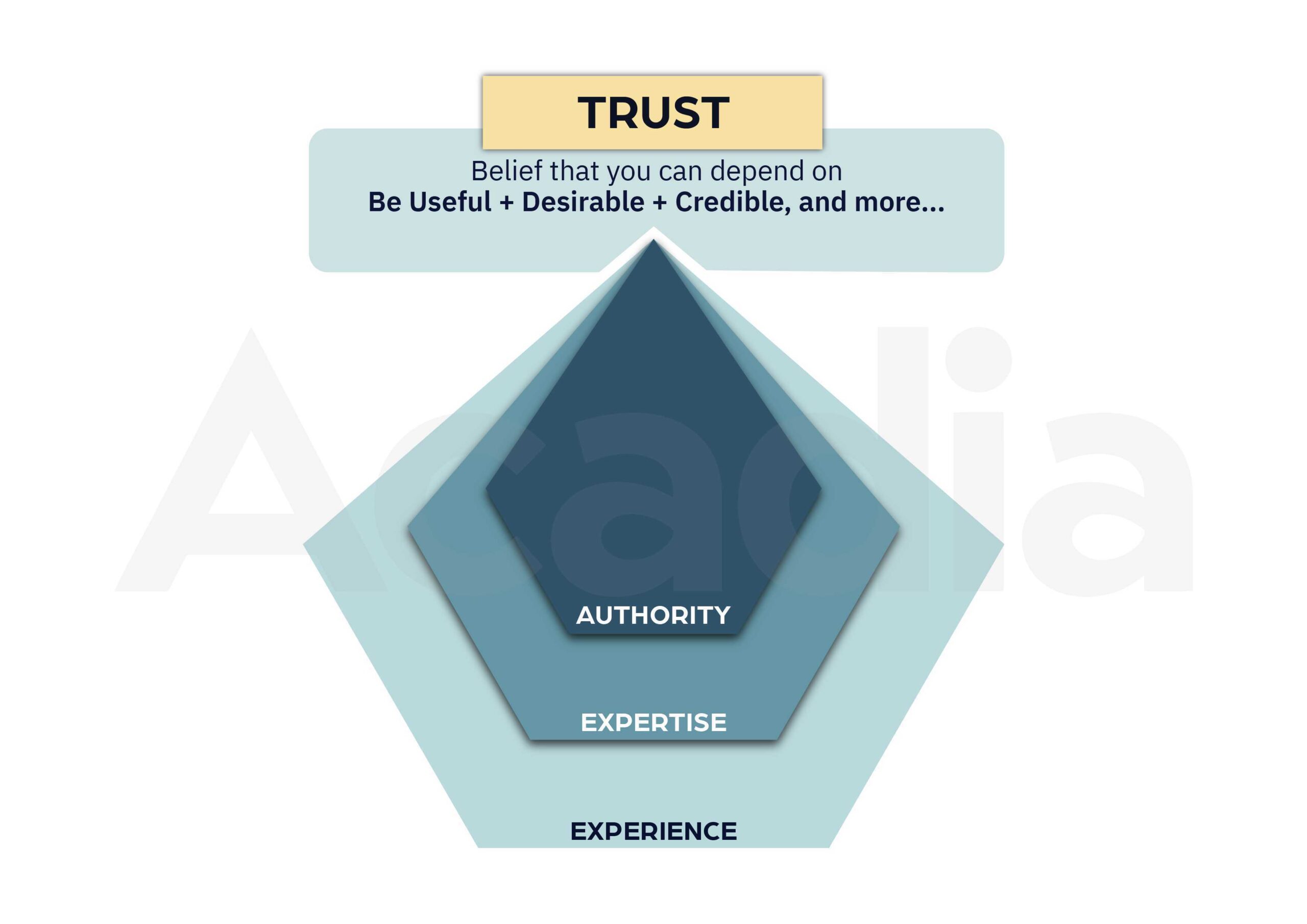Google's March 2023 Core Algorithm Update has led to significant ranking fluctuations and search traffic changes, impacting a significant number of websites. As a trusted agency partner, Acadia is here to help you understand the key takeaways from this update, its implications, and provide insights on how to adapt and improve your website's performance.
What happened and why?
- Google rolled out the March 2023 Core Algorithm Update to improve search quality and relevance.
- The update began on March 15, 2023, and was completed by March 28, 2023.
- The update has caused notable ranking shifts and traffic fluctuations, impacting websites across various industries.
What is a Core Algorithm Update?
A Core Algorithm Update is a significant change to Google's search ranking algorithms, aimed at providing more relevant and useful search results to users. They often involve adjustments to multiple ranking factors, such as content quality, user experience, and backlink profiles.
Core Algorithm Updates are typically broad in scope, impacting websites across various industries and regions. Google typically announces Core Algorithm Updates to help webmasters understand the changes and provide guidance on how to adapt their websites.
Who was impacted?
Websites across different industries are being affected by the March Update, particularly those with content and technical issues. It's essential to understand the update's effects on your own website(s) and take appropriate actions to maintain or improve your search visibility. The most notably impacted industries were:
- YMYL (Your Money or Your Life) content: This refers to content that can significantly impact a person's finances, health, safety, or well-being. Google holds YMYL content to higher quality standards, as inaccuracies or misinformation could have potentially serious consequences for users.
- Health and wellness: Websites providing medical, health, or wellness information often see significant changes during core updates as Google prioritizes accurate and trustworthy information in this industry.
- Finance: Financial websites are also subject to shifts as Google aims to provide users with reliable and expert information regarding personal finance, investments, and other money-related topics.
- News and media: News websites and online publications may experience fluctuations as Google continually refines its algorithms to present users with the most relevant and authoritative sources.
From discussion boards within the SEO community and Lily Ray’s analysis, we can abstract some general conclusions about the Update’s impact:
- Winners
- Websites with high-quality, well-researched, and valuable content.
- Sites that demonstrated strong Expertise, Experience, Authoritativeness, and Trustworthiness (EEAT).
- Websites with a positive user experience and good Core Web Vitals performance.
- Niche sites providing comprehensive, in-depth information on their specific topics.
- Losers
- Websites with thin, low-quality, or outdated content.
- Sites with poor adherence to EEAT standards.
- Websites suffering from a subpar user experience or weak Core Web Vitals metrics.
- General information sites that lacked depth or expertise in their content.
What is EEAT?
Google’s updated EEAT standards emphasize showcasing a website's expertise (the credentials of the content creators), providing a user-friendly experience, establishing your site as a reputable source within your industry, and building trust with your audience.
- Expertise: Demonstrating the knowledge and skills of your content creators and your website's subject matter.
- Experience: Establishing both your and your customers' real-life experience and testimonials of using your products and services.
- Authoritativeness: Establishing your website as a reputable source within your industry through quality content and credible backlinks.
- Trustworthiness: Building trust with your audience by providing accurate information, maintaining a secure website, and showcasing transparent business practices.
You can read a more detailed explanation of EEAT in Google’s Search Quality Evaluator Guidelines, which were updated in December 2022.

How to determine if you were affected
As we assess the impact of Google's March Core Update on our clients' websites, it's crucial to conduct a thorough analysis. The following checklist offers a comprehensive approach to identify any potential issues and make data-driven decisions for optimizing website performance:
- Check rankings: Monitor tracked keyword rankings for shifts that may indicate impact from the update.
- Channel performance: Check organic traffic, impressions, and clicks in Google Search Console and Analytics for significant changes.
- User Experience: Assess design, navigation, usability; address slow load times, mobile responsiveness, intrusive ads (review reporting in GSC).
- Core Web Vitals: Review LCP, FID, CLS performance in Google Search Console; note any issues or improvements.
What to do if you were negatively impacted
If there are any clear signals that the Core Update impacted a site, move into remediating the issues in the following order of importance.
- Technical SEO: Check for broken links, crawl errors, improper structured data affecting visibility.
- Content Quality: Evaluate content against EEAT standards; identify and improve outdated, thin, or low-quality content.
- Address User Experience & Core Web Vital issues: These absolutely matter, but crawl issues and content quality issues typically matter more.
Conclusion
In conclusion, Google's March 2023 Core Algorithm Update has had a significant impact on various websites, emphasizing the importance of adhering to the updated EEAT standards, focusing on content quality, and optimizing user experience.
Acadia is assisting clients to navigate the changes brought by this update. By following the comprehensive checklist provided, we are identifying potential issues and developing data-driven strategies to protect and further optimize our clients’ websites.
If your website has been negatively impacted, or you need a a trusted partner to implement technical SEO, content quality, and user experience improvements, please get in touch.
